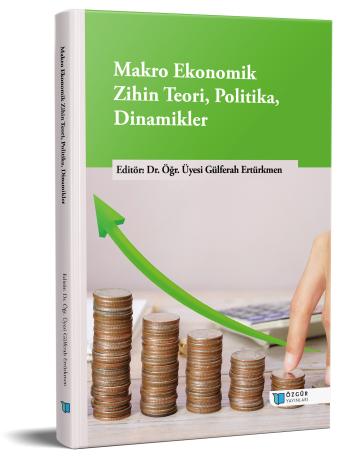
Social and Macroeconomic Implications of Informal Employment: Protective Policy Approaches in Türkiye
Chapter from the book:
Ertürkmen,
G.
(ed.)
2025.
Macroeconomic Mind Theory, Policy, Dynamics.
Synopsis
This research aims to address the socioeconomic dynamics and macro-level implications of informal employment in Turkey from a multidimensional perspective. Informal employment is a multifaceted problematic that not only refers to the employment of workers outside the social security system, but also deepens income inequalities, reinforces social exclusion and leads to structural deterioration in public finances. This form of employment, which is particularly concentrated in sectors such as agriculture, construction, services and domestic labor, has more pronounced effects on vulnerable groups such as women, youth, migrants and low-skilled individuals.
The main determinants of informal employment are high unemployment rates, the financial burden of formal employment for employers, limited audit capacity and difficulties in integrating migrant labor into the formal market. It is emphasized that informality leads to income insecurity, occupational health and safety deficiencies and social exclusion at the micro level, while at the macro level it causes tax and premium losses, financing pressures in public services and competitive imbalances with the formal economy.
In this respect, the research reveals the need for not only supervision and sanctions but also social inclusion-oriented, holistic and protective policy sets in the fight against informal employment, and makes original contributions to the literature at the theoretical and practical level.

